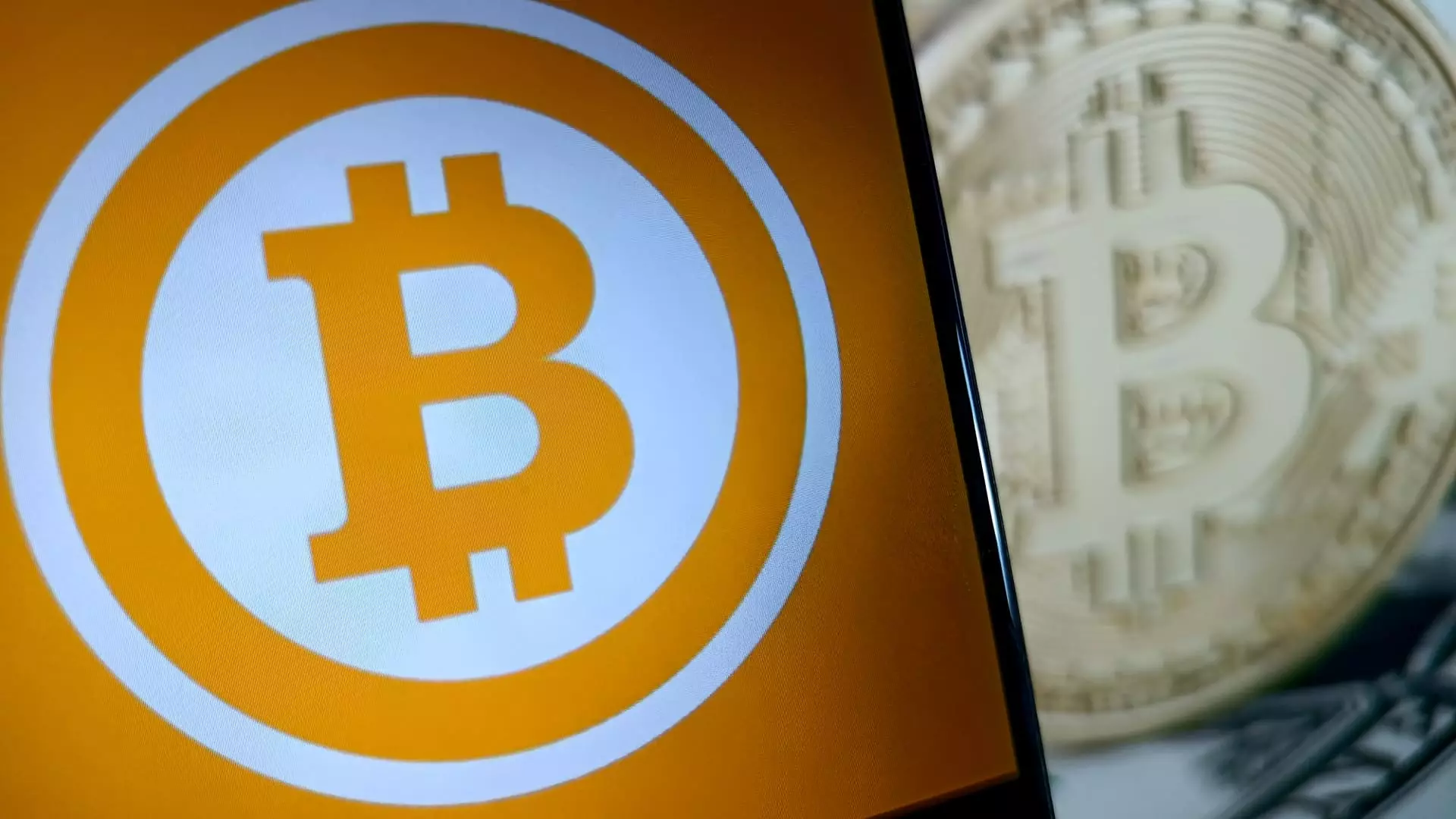A year ago, the landscape of cryptocurrency investment was characterized by uncertainty and various inefficiencies. Despite the rampant enthusiasm for digital assets, there was a palpable gap between traditional investment channels and the burgeoning crypto market. However, with the recent launch of spot Bitcoin exchange-traded products (ETPs), spearheaded by asset management giant BlackRock, this gap appears to be closing. Samara Cohen, BlackRock’s chief investment officer for exchange-traded funds, noted that the demand from investors is directed towards a structured and regulated approach to accessing Bitcoin. This article delves into the trends surrounding Bitcoin ETFs, the shifting investor demographics, and the educational initiatives that have accompanied this transformative phase in the financial landscape.
BlackRock’s launch of the first spot Bitcoin ETPs in the United States has been a watershed moment in the investment community. Just over a year since its inception, the market cap for these products has surged, surpassing $63 billion, with nearly $20 billion in inflows. The critical driver of this adoption has been the impressive performance of Bitcoin itself, which recently reached its highest trading price since July, buoying investor sentiment. Bitcoin’s price ascended approximately 140% over the past year, significantly outperforming traditional equity markets such as the S&P 500.
The rapid rise in trading volume for Bitcoin ETPs, in particular, underscores the appetite for regulated, conventional financial products that grant exposure to digital assets. The past few trading days alone account for net inflows exceeding $2.1 billion, with BlackRock capturing half of that market share. This compelling growth suggests that the availability of Bitcoin ETFs has redefined how retail and institutional investors engage with cryptocurrencies.
Cohen revealed an intriguing aspect about the demographic of new Bitcoin ETP investors during her discussion at the Permissionless Conference. An analysis of 13F filings indicated that an astonishing 80% of buyers in the U.S. are direct investors in these products and that 75% had never owned an iShare before. This highlights a significant shift: crypto enthusiasts are transcending their traditional investing boundaries, bridging their knowledge gaps toward broader investing tools available in the market.
Thus, BlackRock’s strategic approach includes not only tapping into this new investor pool but also playing a proactive role in educating them about the benefits of ETPs. By tailoring their educational initiatives toward both seasoned ETF investors and novice crypto enthusiasts, BlackRock is paving the way for a more informed investment landscape that appreciates the nuances of both asset types.
The regulatory environment has played a crucial role in shaping the adoption of Bitcoin ETPs. Prior to the U.S. Securities and Exchange Commission’s approval of spot Bitcoin funds, investing in cryptocurrencies meant navigating a complex web of decentralized exchanges and wallets, which were often daunting for traditional investors. The advent of Bitcoin ETPs has created a streamlined path that retains the benefits of digital investment while adhering to regulatory standards.
Moreover, the institutional landscape is beginning to shift, albeit at a measured pace. For instance, Morgan Stanley’s endorsement of Bitcoin ETFs for its wealth management clients marks a significant step for financial institutions adapting to a changing clientele. However, many firms remain cautious, conducting in-depth due diligence before endorsing these products for broader client bases. VanEck CEO Jan van Eck noted a parallel with European markets where investment in Bitcoin and Ethereum has been slow to proliferate among private banks. This reticence indicates that legislative clarity and enhanced investor protections will be pivotal for broader acceptance on Wall Street.
The growth of Bitcoin ETFs marks a transformative moment in the financial markets, acting as a gateway for more traditional investors to engage with cryptocurrency. Beyond mere performance numbers, the narrative surrounding education, regulation, and risk management emphasizes a sophisticated approach to digital assets. By harmonizing the advantages of ETFs with the dynamic nature of blockchain technology, BlackRock and other financial firms position themselves to democratize access to Bitcoin and other cryptocurrencies. As the marketplace continues to develop, the balance between innovation and prudential regulation will play a key role in defining the future of both cryptocurrencies and traditional finance.

